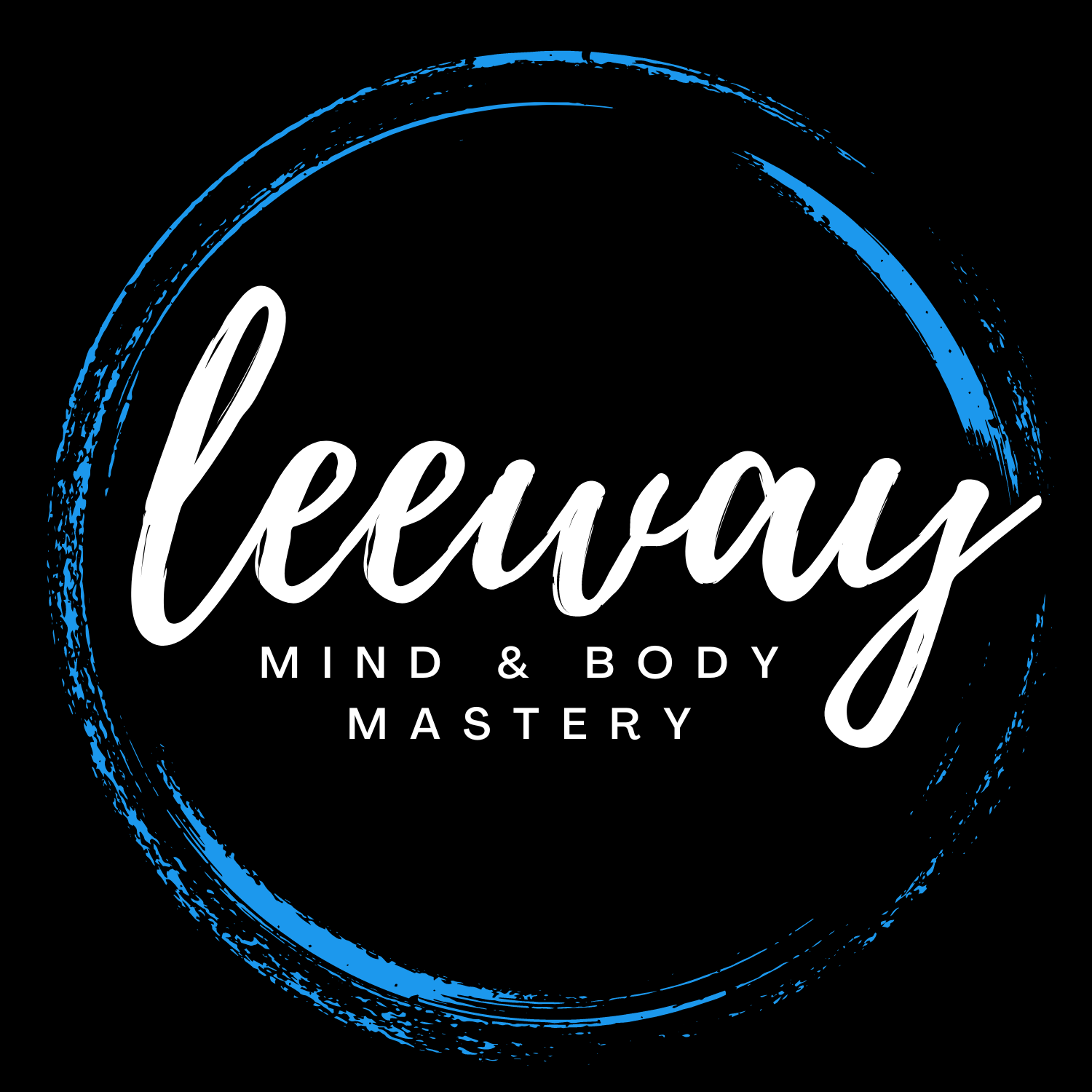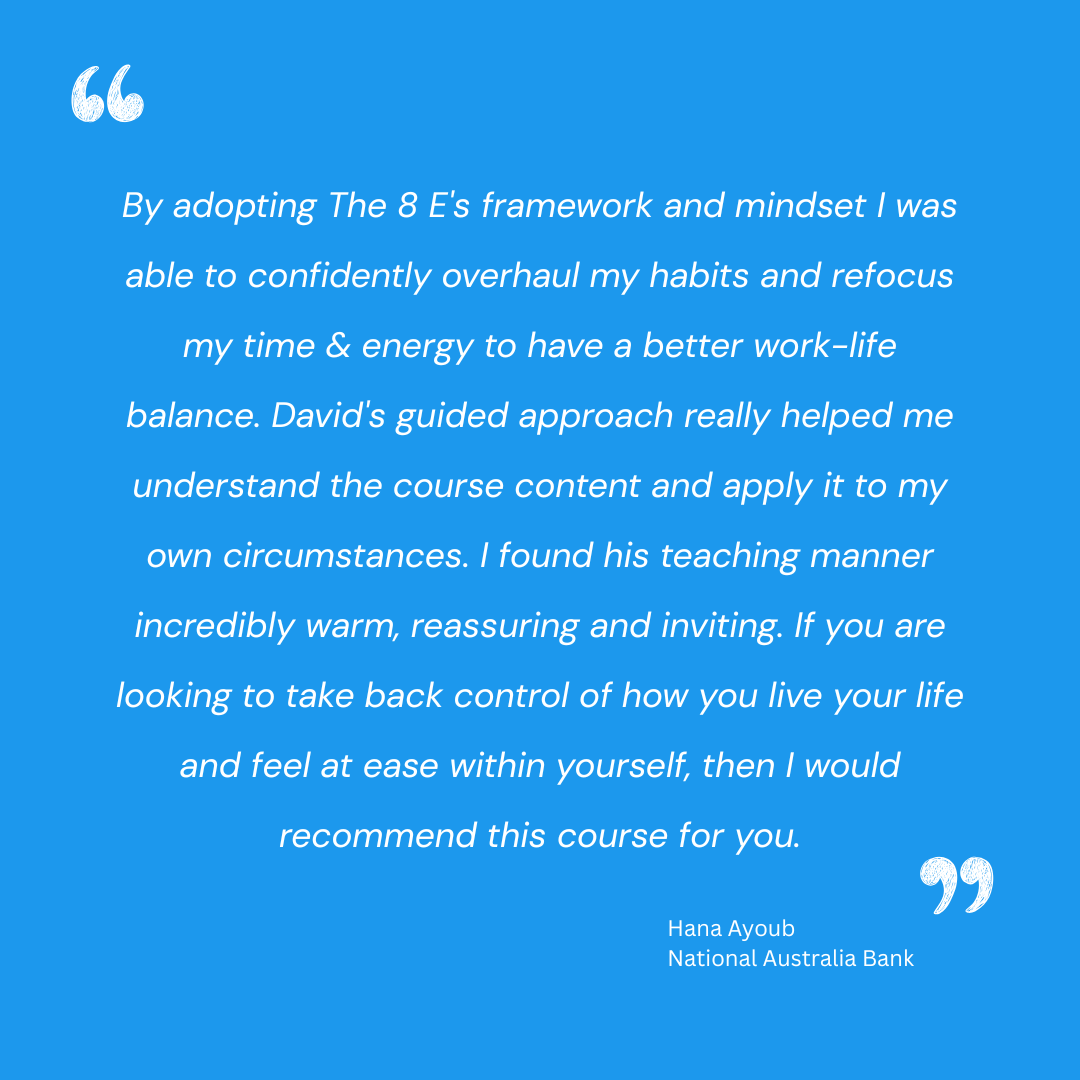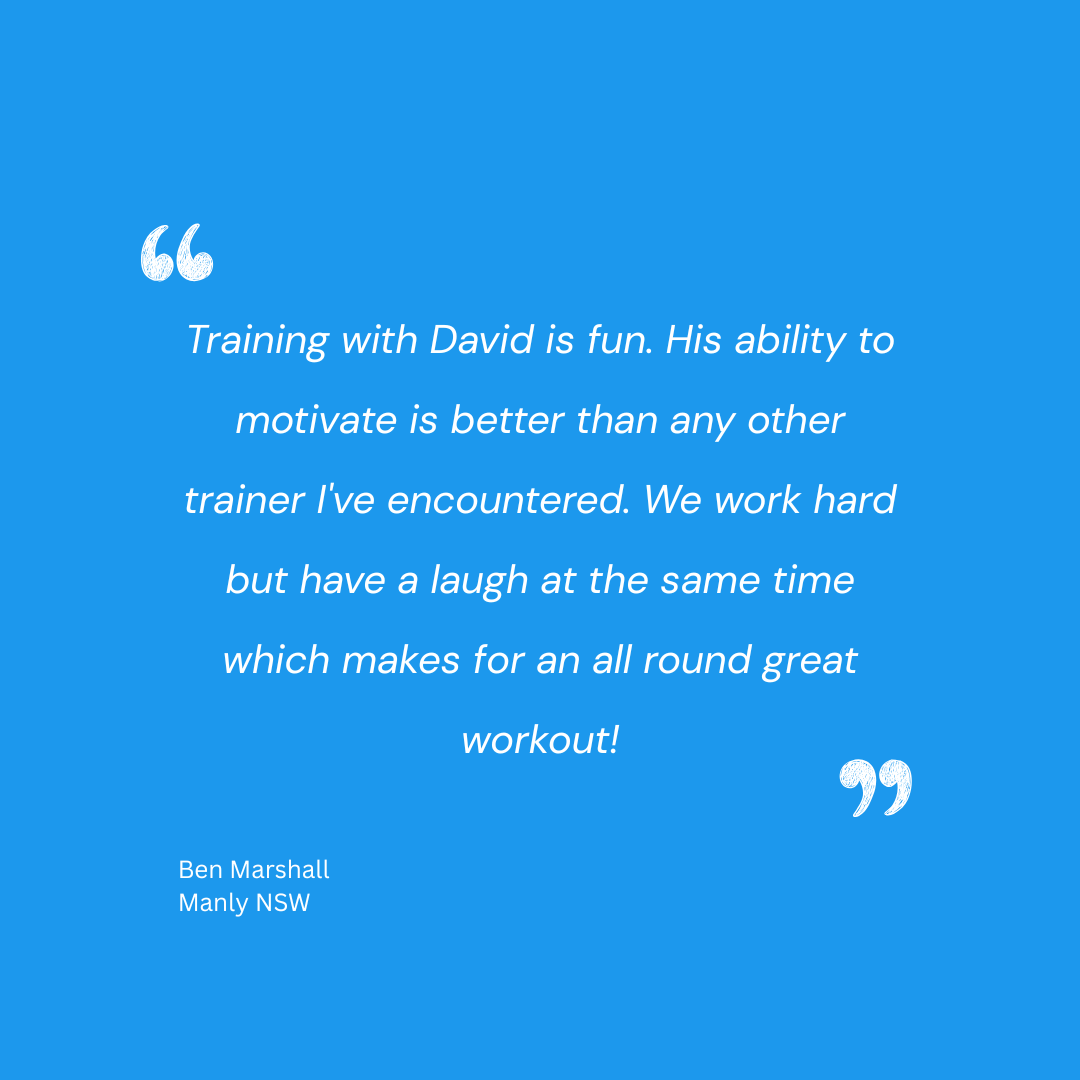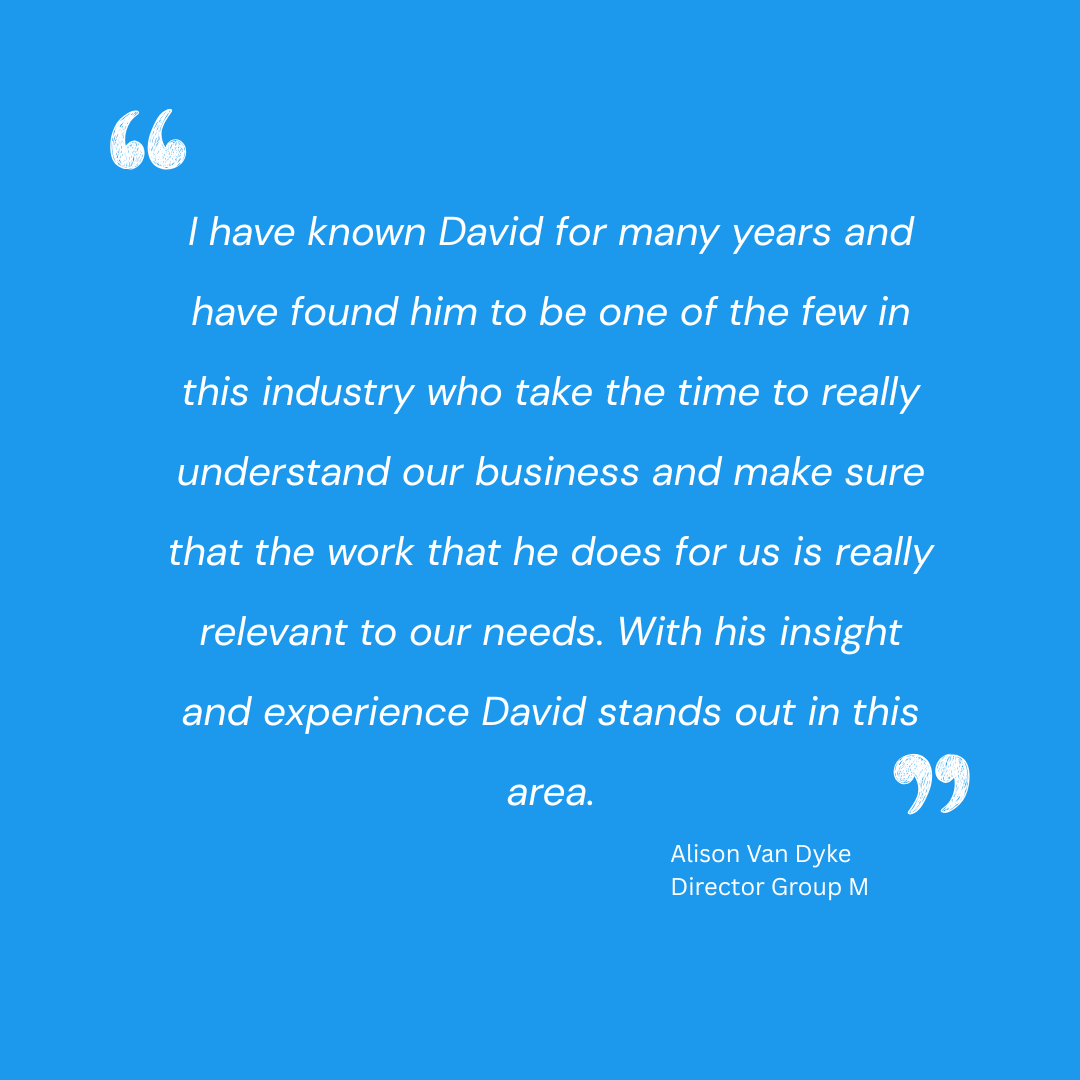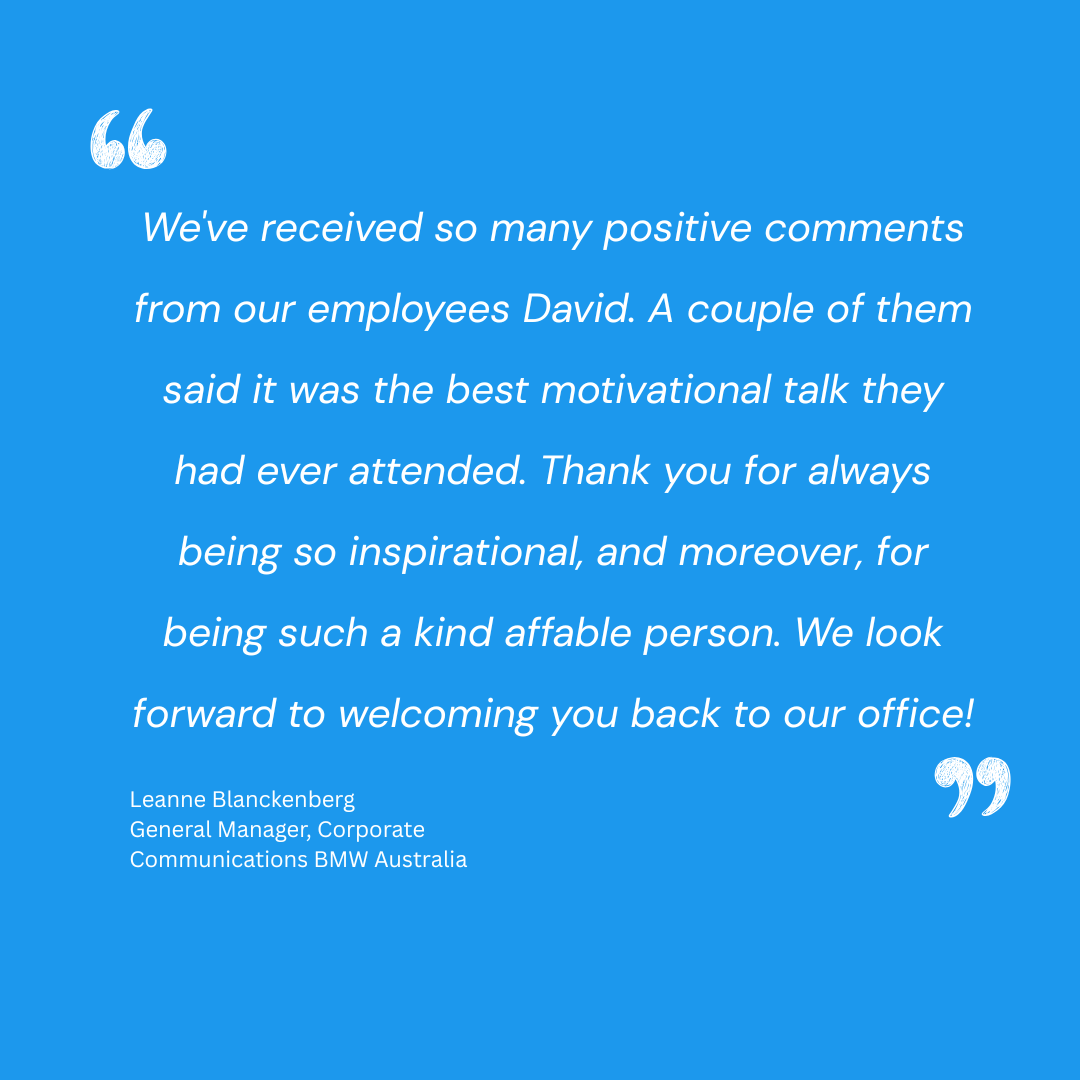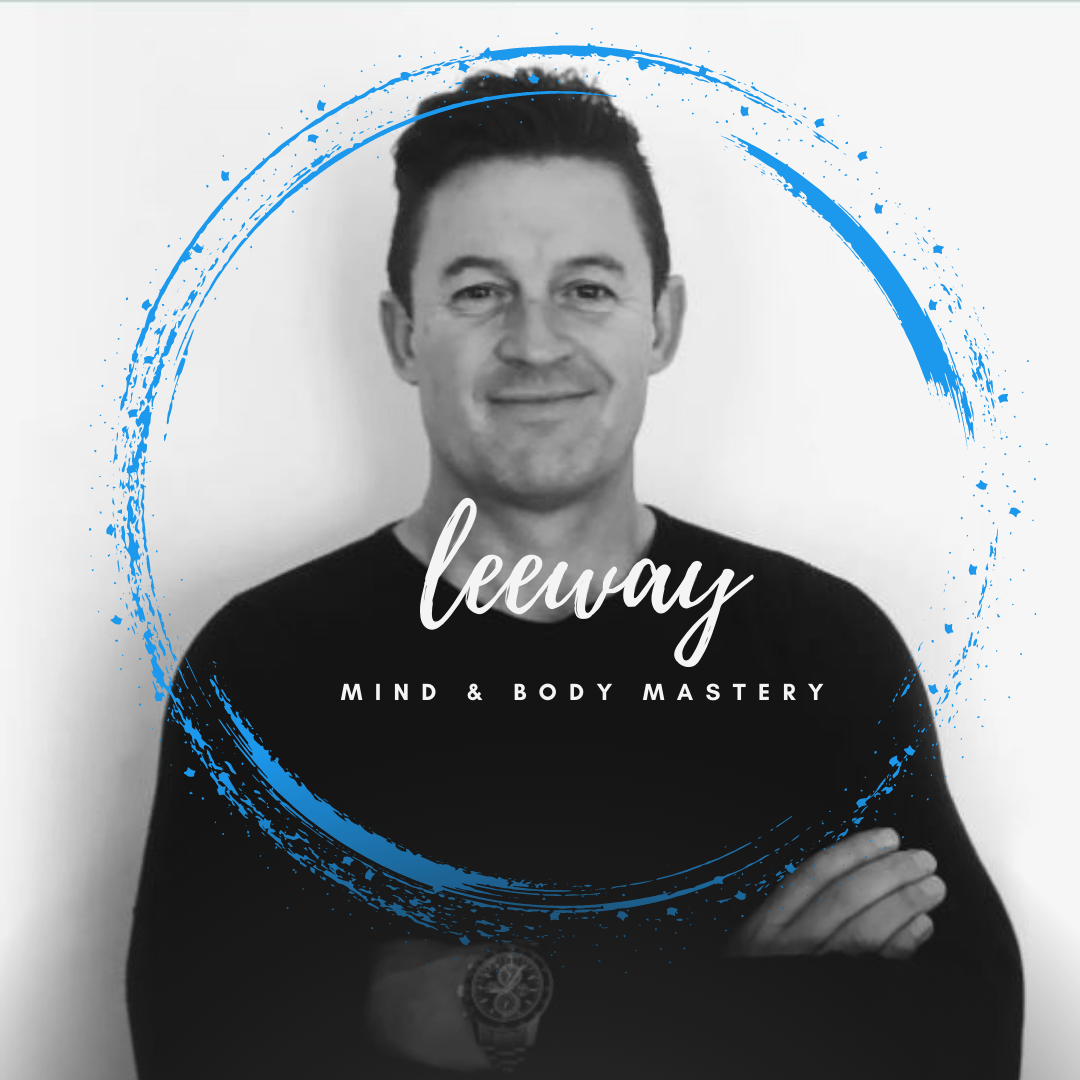I'm not who you think I am, I'm not who I think I am, I am, who I think, you think, I am
“It seems to me that the real problem is the mind itself, and not the problem which the mind has created and tries to solve. If the mind is petty, small, narrow, limited, however great and complex the problem may be, the mind approaches that problem in terms of its pettiness.”
Jiddu Krishnamuti
Einstein said you cannot solve a problem with the same thinking that got you into the problem.
Batch thinking is the idea of setting time aside in the areas and style of thought required to spark eureka moments that will solve problems and help you gain clarity in murky, confusing, or worrying situations.
Most people only “get” time to think when they are busy doing other things. For example, they might be sitting in traffic thinking about the annoying colleague they are about to encounter at work and the surrounding bottleneck. I often muse that the campfire was the original television for the cave dweller—yet a live fire, as entertaining as it can be, is not as mindless as television viewing can be.
One of my favorite things is to sit in front of a fireplace or campfire and get lost in the flickering flames of thought. I’ve “fire dreamed” many of the things that I have achieved over the years, and I keep a journal with a red star on the cover to record these dreams in. I set a two-week deadline for taking action on these ideas, or I tear the unacted upon idea out of the book. It is a great motivator for action and accountability.
You see, thinking is great if it is followed by action. I feel that if I dwell too long on something then I need to stop dwelling on it and start dealing with it.
“Don’t dwell on it—deal with it!” is one of my mantras.
Curiously, about the only thing in life you have complete control over is your thoughts.
But there are two downsides: over-thinking and stinking thinking.
Over-thinking is the plight of the perfectionist; stinking thinking is the plight of the masochist.
The problem for perfectionists is that nothing is ever perfect, so in over-thinking they struggle to commit or finish the task at hand. The problem for masochists is that stinking thinking keeps them in the status quo, which seems to suit them.
That’s probably why Cicero said: “Indecision is the thief of opportunity.”
The best way I know of optimizing your thinking is to dedicate set time to deep thought and contemplation. The benefits of allocated thinking time (Batch Thinking) are that you find your outcome and have eureka moments, rather than carrying thoughts around with you or losing sleep over them.
It was once explained to me that taking time out from a busy period to sit and think for half an hour is like setting a bucket of muddy water down. The liquid eventually settles with the “silt” sinking to the bottom and the rest of the water clearing up. Like a “clear water revival” of the mind.
I love the line in Peter Pan where Peter says: “You just think lovely, wonderful thoughts, and they lift you in the air.” If you are the type of person who finds it difficult to sit still for half an hour without distractions and allow your thoughts to gather, then a half hour walk or run can have the same benefit. I often wonder whether I am getting an endorphin rush from a half hour run, or the clarity that I am experiencing after 30 minutes of uninterrupted thought. (I don’t run with headphones.)
Set time aside for productive thinking. I set an alarm for 3pm every day to think about the things that may keep me awake at 3am—the worrying things I can do nothing about at 3am. I know how well I am doing with this proactive batch thinking, when my 3pm alarm goes off and I have nothing to worry about and can keep getting on with my day.
If you are prone to worry, set aside a one-hour meeting with yourself on a Saturday morning when you can worry to your heart’s content. Set a calendar date with yourself for 10am every Saturday and send yourself an email calendar invite with the subject line “WORRY TIME”.
During your week, when a potentially worrying thought comes to mind that distracts you from your daily happiness, put it on your worry list.
What you will find over time is that you get a lot more joy out of each day.
Once 10am rolls around on a Saturday morning, look at the worry list you have taken with you to the meeting. Now cross off all the things on the list that are completely out of your control and decide to take the first step in dealing with the things you can. Don’t dwell on it, deal with it.
Marcus Aurelius put it best when he wrote: “You have the power over your mind, not outside events. Realize this and you will find strength.”
Not long into your Saturday morning worry meetings, you will find 80 per cent of the things on your worry list don’t worry you anymore.
Write lists. They act as great reminders and “minutes of the meeting” that you just had with your mind. Lists allow for greater mind space to think on your feet in daily life. Make to-do lists, shopping lists and repair lists for your Saturday morning worry meeting.
Benjamin Franklin said about an ordered life. “Let all your things have their places; let each part of your business have its time.” He also said: “Resolve to perform what you ought, and perform without fail, what you resolve.”
Batch thinking gives you space to monitor anxious thoughts about the future, as they creep in. Ask yourself, “What is the worst thing that could go wrong in this situation?” Then decide upon all that is in your power to avoid this thing happening and get to work on actioning these steps. In the school of philosophy known as stoicism, it is expressed by the Latin phrase "premeditatio malorum", meaning the premeditation of the evils, or troubles that might lie ahead.
The space you choose to batch your thinking in should help you create the thoughts you want to have, and the life you wish to manifest. It could be the sauna, the beach, or the garden.
Don’t ruminate on anything for longer than 20 or 30 minutes. More than this and stinking thinking will take over. I know people with far too much time on their hands to think who create mischief for others and become the trouble-making colleagues we face in the office or workplace.
As the Russian novelist Fyodor Dostoevsky said: “To think too much is a disease.”
Two things seem to happen with monotonous regularity when I think of a morning. I have an epiphany or an anxious thought.
If I do nothing with the epiphany, nothing good happens. If I do nothing with the anxious thought, nothing bad happens. If I do something with the epiphany, something great happens. If I let the anxious thoughts run amok, I end up worrying for no reason.
This is also the time to practice mindfulness. All you have is this moment and all you can influence right now is this moment. Focus on this idea today and every day from now on and played right, you will naturally create a better future and naturally leave a better past.
So, with peace of mind as my highest priority, the morning thinking routine sets me up for a naturally good day.
With Batch Thinking, be kind to yourself. Positive self-mind talk is so important. Don’t allow the voice in your head to speak to you in a way you would not tolerate from another person. Your thoughts become your words, your words become your actions, your actions become your destiny, so speak well to yourself and your future self.
When you sense stinking thinking manifesting in your mind, purposely change the channel to “linking thinking”; link your thoughts to your goals and what you do have in life, not what you don’t. When you focus on what you have, what you lack disappears. When you focus on what you lack, what you have in life disappears.
Of course, there are those of us who try to avoid thinking altogether with distractions such as television, social media, gossip, and addictive vices.
Ironically, I am reminded of a Simpsons episode where Bart has taken over the local radio station and Lisa walks into the loungeroom, turns the TV off and places a radio on top of it.
“People of Springfield, we have an announcement to make!” she declares.
Homer’s response is gold. “Well turn something on, I’m starting to think!”
Think Well.
DL
“All men’s miseries derive from not being able to sit in a quiet room alone.”
BLAIZE PASCAL
Don’t keep this to yourself. Spread the word.


